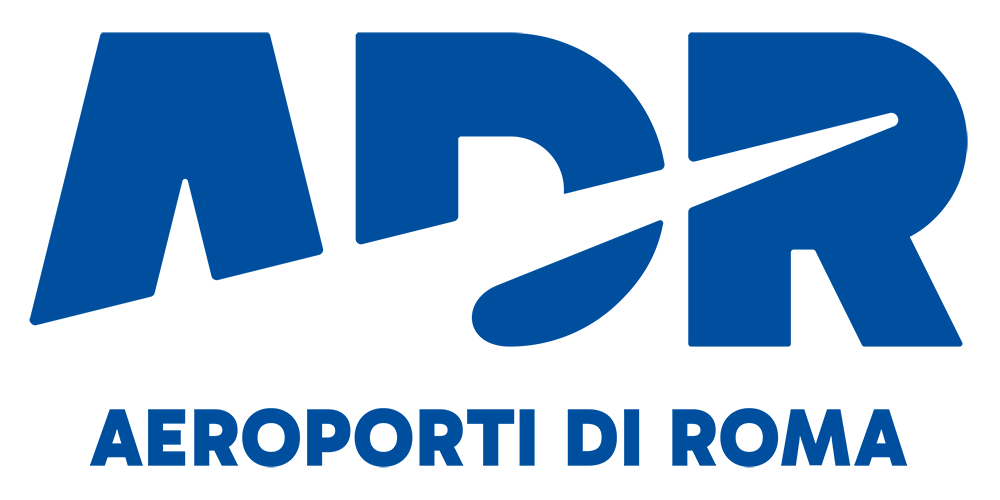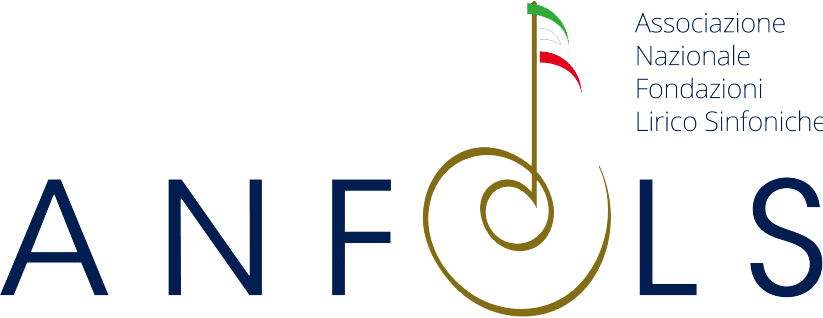The relentless attitude to go beyond one’s limits has always characterised human beings. This is certainly the main driving force behind our evolution. But to what extent is it possible to go beyond the Herculean Pillars of Finitude? How far is the limit of our journey? Who or what is to guide the human adventure towards the unknown territories of artificial intelligence, the strengthening of the knowledge or that of our bodies, even towards the eternal extension of our lives?
It is precisely in the limbo of the doubts aroused by these questions that one risks encountering Mephistopheles. We are also reminded of this by Alicia Western, the protagonist of Cormac McCarthy’s ultimate literary legacy, Stella Maris: “…diabolical is almost synonymous with ingenious. What Satan had to offer in the garden was knowledge’. And the risk of taking the wrong path is there, especially if knowledge does not involve wisdom, as Faust shows. Yet a reliable guidance can be found.
Certainly what must be avoided is competition: a contest between human and artificial intelligence has no reason to be. The brain is enormously more powerful than even the most sophisticated computer, but a computer can do many things better than humans, such as recording. The real question to be asked, and which may perhaps be the Virgil figure of this perilous journey, is what technologies can do to improve life on Earth.
The possibilities for interaction are many, and cover many areas of human activity. Starting from the arts – the figurative arts are trying to thrive with Non Fungible Token (NFT) and blockchain, but also music and dance are turning their attention to the metaverse – to the medical field, which directly concerns the human body, as well as the world of sports, where overcoming a limit, or a record, is the ultimate goal.
Certainly, behind the very fast development of digital technologies that we are witnessing in all these fields, there seems to be a hidden aspiration: that of creating a different and perhaps better reality than the one we live in. A way to escape from our world, towards a ‘meta-versal’, phantasmagorical and exciting Eldorado. And it is precisely here, in the selfishness of a consumeristic and expansionistic desire, in the demand for exceptional and post-human experiences, that Satan can manage to tuck his tail. For it is clear that the only possible rule to guide us towards overcoming our limits should be the firm resolution to make our world, whose resources are not infinite, a better place, and to care for the lives of its inhabitants, who nowadays we know are not just the humans.
Paolo Cairoli – Director of Calibano
Calibano is the new magazine of the Rome Opera House. Created as a space for in-depth analysis and debate around topical issues raised from the performances on the theater’s program and realized in collaboration with the publishing house effequ, the editorial project involves, every four months, the publication and distribution in Italian bookstores of a monographic volume dedicated to an opera title and a related theme, through the commissioning of essays, short stories and reviews by authoritative signatures.
You can buy Calibano on the effequ website at this link, in bookstores and at the Rome Opera House shop.
The illustrations in this issue were made by Merzmensch using Midjourney and DALL-E 3
The cover is a collage by Giuliano Paolini (Photo Ⓒ Luca Vianello, Torino / Courtesy Fondazione Giulio e Anna Paolini, Torino / Ⓒ Giulio Paolini)













